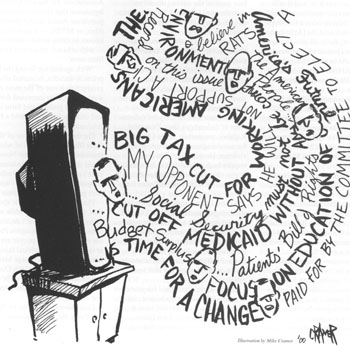
I have recently been reading Reading Lolita in Tehran by Azar Nafisi and a large theme in the book is the ability of someone to have an identity, and to what extent that identity is influenced by those around us. In the book, Nafisi explains that the totalitarian regime of Iran controls so much of the lives of her students and the people she knows that they struggle to form their own identity separate from how they are defined by the government and the world they have created. On page 76, Nafisi writes:
Implicit in almost all their descriptions was the way they saw themselves in the context of an outside reality that prevented them from defining themselves clearly and separately… my girls spoke constantly of stolen kisses, films they had never seen and the wind they had never felt on their skin. This generation had no past. Their memory was of a half-articulated desire, something they had never had.
To what extent is our identity based on others in the first place? Psychology has many different answers to this question in the form of different theories, like Erik Erickson’s theory of development and James Marcia’s Identity Statuses (and of course many others). However, the many different parts of a person’s identity (social, political, sexual, religious, vocation identities) each depend on different factors, and some do depend on different people. I think, at least in some ways, other people do help define almost all areas of your identity. However, I think the difference in developing your identity with other people around you, and developing your identity in a country where your actions are controlled by someone else, is the freedom to choose. I have the ability to choose who I know and speak with, what I learn, read, and how I act (up to a certain extreme), but the girls in Nafisi’s Iran do not have that choice. Their every public action is controlled by what other people think they should be, so they cannot act out things the way they want to, and they cannot discover themselves through their decisions. So they are caught in this in-between place where they know what they are not, but do not know what they are. They are caught in this prison, this conflict of identity, and I really do not know how they will escape it. It is a tragedy that people are caught in this kind of situation, and that once they are caught it is very hard to escape.
What do you think?



